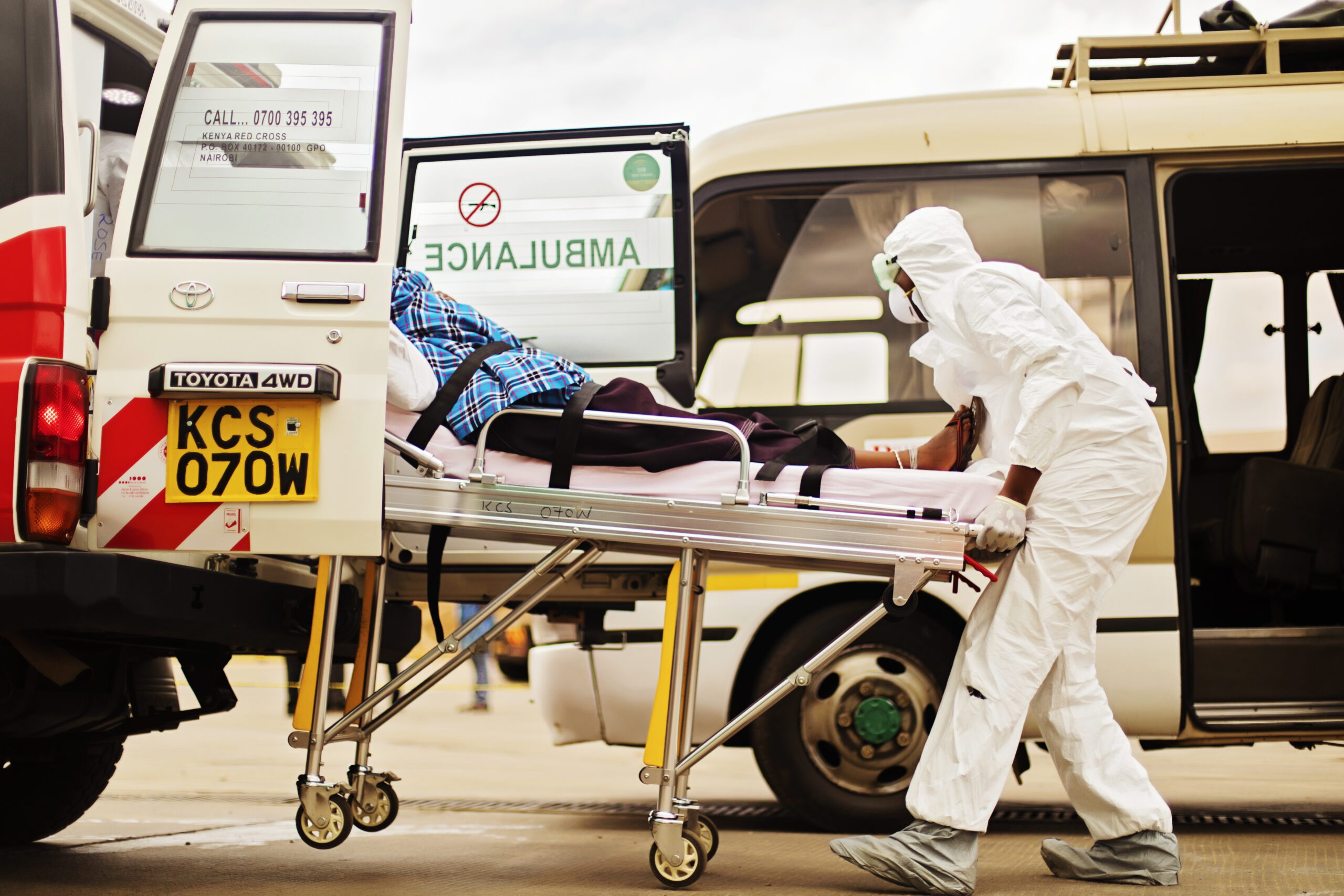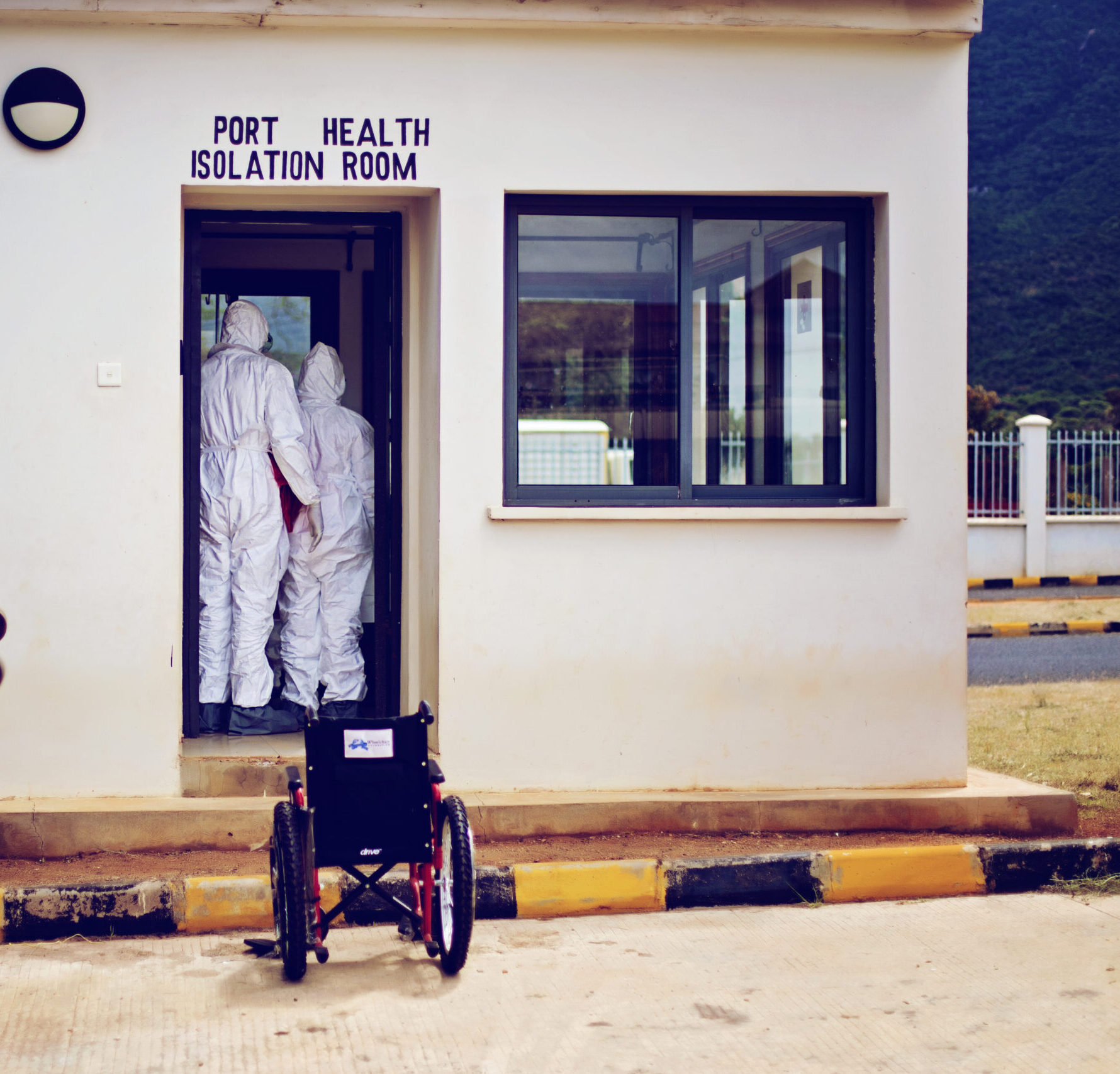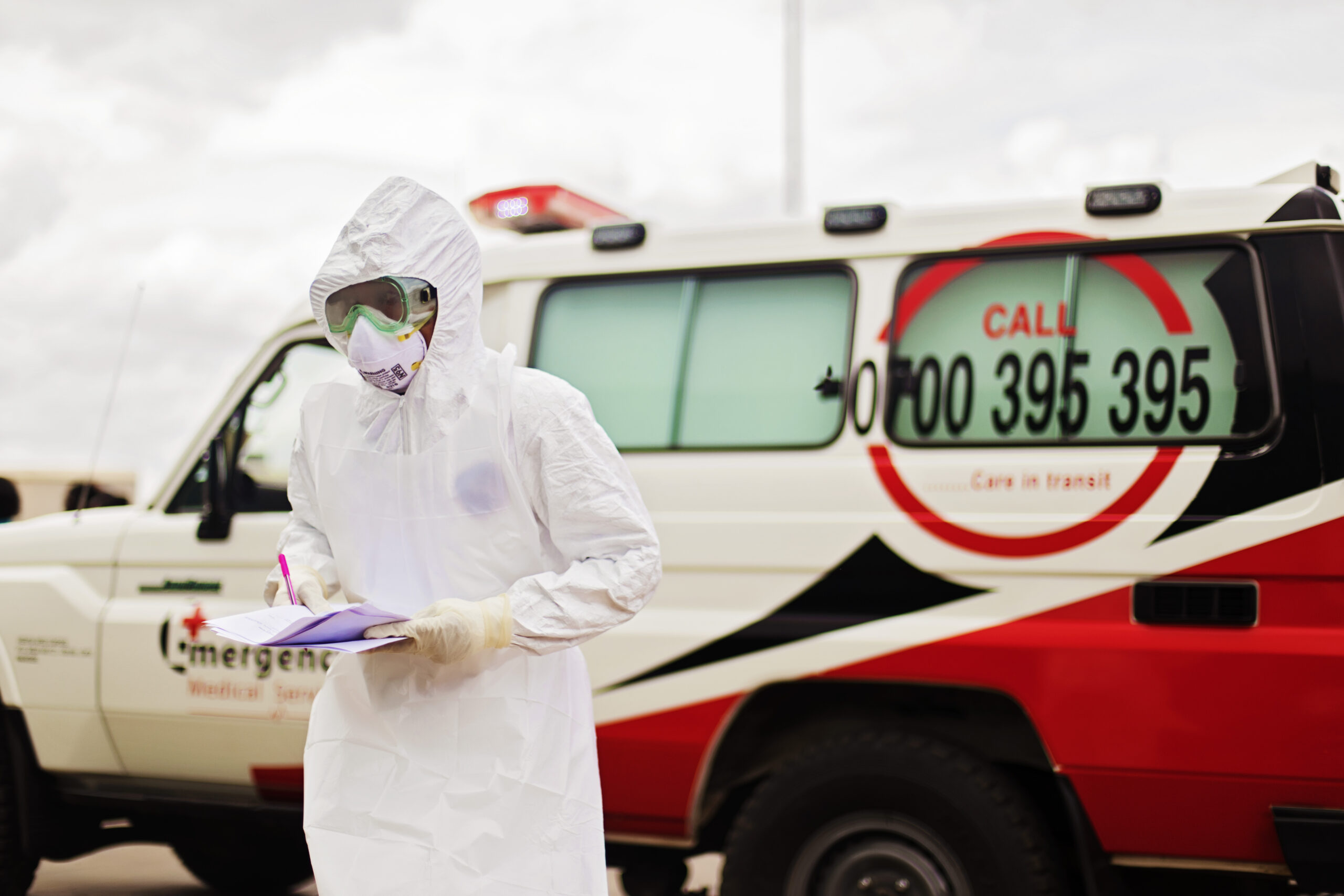Case Study
Building Public Health Emergency Preparedness: From Tools to Action
Supporting Countries' Emergency Preparedness Infrastructure
Global Health Security

The Challenge
In an increasingly interconnected world, the ability to respond swiftly and effectively to public health emergencies is critical. Yet, many countries continue to face significant gaps in their preparedness infrastructure — lacking the tools, protocols, and trained personnel necessary to manage outbreaks such as Ebola, Zika, and COVID-19. These deficiencies not only delay response times but also increase the risk of widespread transmission and long-term health consequences. Addressing these vulnerabilities requires a coordinated, strategic approach that strengthens national and regional capacities for emergency response.Our Solution
A Comprehensive Emergency Framework
To help bridge these gaps, Chemonics designed and implemented a comprehensive Global Health Security Emergency Framework, including an Emergency Supply Chain (ESC) Playbook tailored to country-specific needs. This framework was not just theoretical — it was brought to life through hands-on engagement:
- We facilitated simulation exercises, capacity-building workshops, and national planning sessions in 10 countries across Africa and Latin America.
- These activities empowered local stakeholders to test and refine their emergency response protocols in real-world scenarios.
By combining strategic planning with practical training, we ensured that countries were not only equipped with the right tools but also the confidence and capability to use them effectively.


The Impact
Improved National Emergency Response Plans
The results of our efforts have been both tangible and transformative:
- In Cameroon, the ESC Playbook was institutionalized into the national emergency response plan, significantly improving inter-agency coordination.
- Over 200 public health officials were trained in outbreak response planning and rapid decision-making protocols, creating a ripple effect of preparedness across regions.
- Seven Latin American countries developed national preparedness plans for Zika and future threats, laying the groundwork for more resilient health systems.
These outcomes demonstrate that with the right support, countries can build sustainable emergency response systems that protect lives and strengthen global health security.